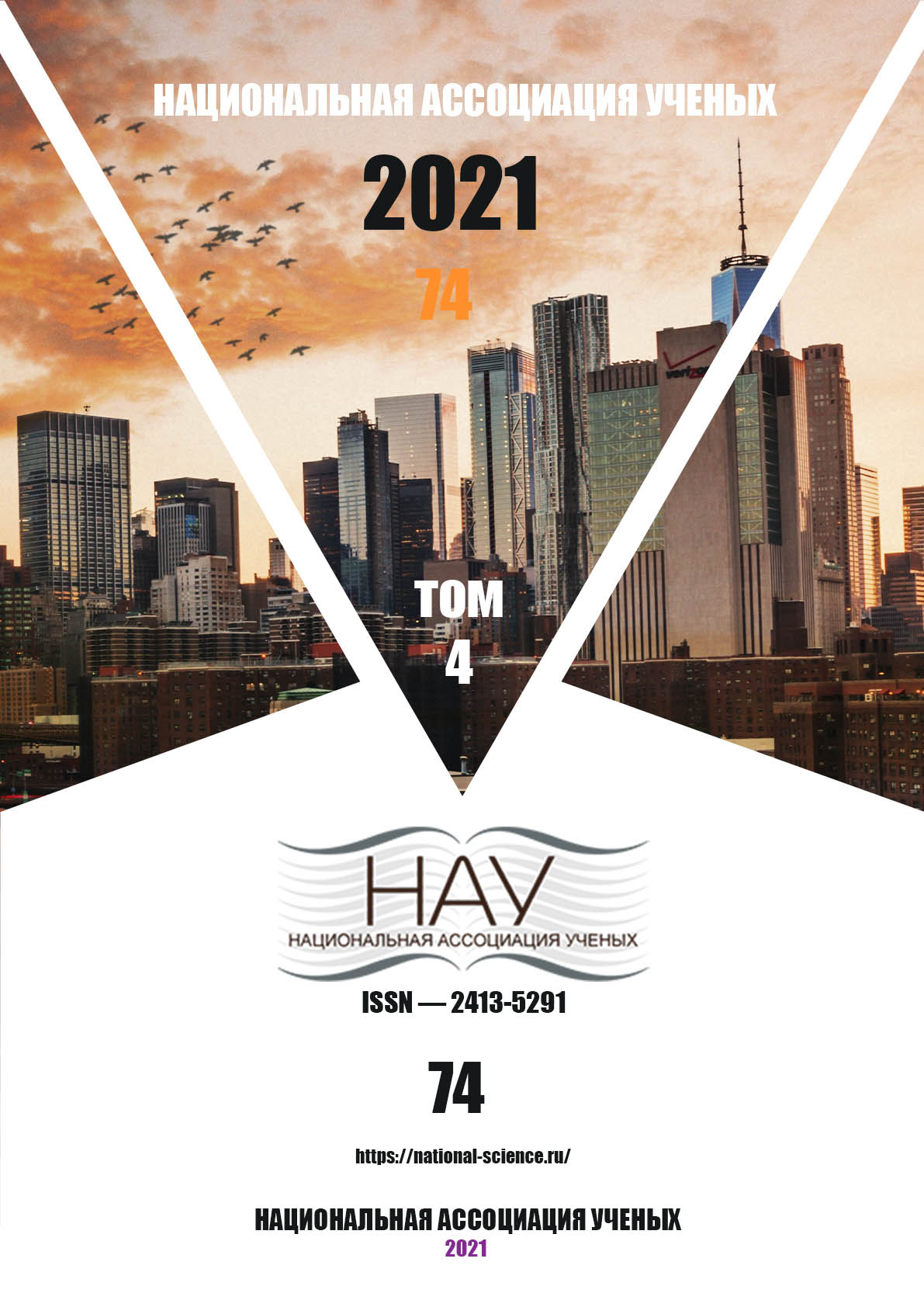ETHICS OF KANT AND THE HERESY OF HUMAN WORSHIP.
DOI:
https://doi.org/10.31618/nas.2413-5291.2021.4.74.540Keywords:
disgust, suicide, reason, anthropolatria, poaching, animal, sin.Abstract
The article examines Kant's understanding of ethics and the origin of his categories of morality. Particular attention is paid to the category of disgust, which is a kind of exception in Kantian ethics, since it is in no way derived from reason and the transcendental unity of apperception. Here Kant refers to feelings, and in general to some kind of irrational categories. The irrational category of disgust is used by Kant in those places where he argues the prohibition of suicide and the prohibition of such acts, which he characterized as “crimina carnis contra naturam”. Kant calls the prohibition of suicide the first ethical prohibition on which all obligations to oneself are based. Hence, it can be assumed that the rational Kantian ethics stands on a rather irrational foundation, which is the category of disgust. The prohibition of suicide is a basic Christian prohibition, Augustine calls it the most serious sin, since repentance is physically impossible here. It can be assumed that Kant in this case proceeds from such a dogmatic premise. But Kant himself argues this prohibition differently, pointing out that disgust is a distinguishing feature of man from other animals, therefore, the prohibition of suicide is a sign of man's dominance over other animals. This is more reminiscent of not canonical Christianity, but the old heresy of human worship, forbidden in the 4th century, in which opponents often accuse Protestant theologians
References
Kant I. Kritika chistogo razuma // Sochinenija. V 6-ti tomah. T. 3. M.: Mysl', 1964. 800 s. 2. Kant I., “Lekcii po jetike“, M.: Nauka, 2000.- 431 S.
Dekart R. Sochinenija: V 2 t. – T. 1. – M.: Mysl', 1989. S. 250–296.
Avgustin Bl. O Grade Bozhiem. V 4-h tomah. M.: Izd-vo Valaamskogo monastyrja, 1994. 5. Mal'tus T., «Opyt o zakone narodonaselenija ili izlozhenie proshedshego i nastojashhego dejstvija jetogo zakona na blagodenstvie chelovecheskogo roda, s prilozheniem neskol'kih issledovanij o nadezhde na otstranenie ili smjagchenie prichinjaemogo im zla». SPb.: tipografija I. I. Glazunova, 1868.
Darvin Charl'z. Proishozhdenie vidov putem estestvennogo otbora. — L.: Nauka, 1991. 539 s.
Gobbs T. Leviafan, ili Materija, forma i vlast' gosudarstva cerkovnogo i grazhdanskogo // Gobbs T. Sochinenija: V 2 t. – T. 2. – M.: Mysl', 1991.
Gegel' G.V.F., Fenomenologija duha/Per. S nem. Shpeta G.G., Kommentarii Selivanova Ju.R. – M.: Akademicheskij Proekt, 2008. – 767 s. – [Filosofskie tehnologii: filosofija].
Podrobnoe izlozhenie very. / Per. i prim. G. I. Benevicha. // Antologija vostochno-hristianskoj bogoslovskoj mysli. V 2 t. T. 1. M.-SPb., 2009. S. 358—367.
Homjakov A. S. Vsemirnaja zadacha Rossii / Sostavlenie i kommentarii M. M. Panfilova / Otv. red. O. Platonov. Izd. 2-e — M.: Institut russkoj civilizacii, Blagoslovenie, 2011. — 784 s.
Downloads
Published
Issue
Section
License

This work is licensed under a Creative Commons Attribution-NoDerivatives 4.0 International License.
CC BY-ND
A work licensed in this way allows the following:
1. The freedom to use and perform the work: The licensee must be allowed to make any use, private or public, of the work.
2. The freedom to study the work and apply the information: The licensee must be allowed to examine the work and to use the knowledge gained from the work in any way. The license may not, for example, restrict "reverse engineering."
2. The freedom to redistribute copies: Copies may be sold, swapped or given away for free, in the same form as the original.





